In this coin collecting guide, learn important things you need to know about how to collect old coins and how to maintain them
Collecting old coin is an expensive hobby. Old coins can cost a fortune and some very rare coins can command even higher prices, especially when they are one of the few remaining artifacts of a historical age.
It is therefore important that collectors should educate themselves before investing. Knowledge about the true value of a collectible coin will help anyone from wasting hard-earned money on overrated, fake, problematic or worthless antique coins.
In this old coins collectors guide, you will learn the skills on how to collect old coins and how to maintain them.
How to collect old coins
Old coin collecting is a thrilling hobby. You can study history because vintage coins are remnants of the past and their designs bear historical figures and facts. Here are the few simple steps on how to collect old coins:
1. Buy reference coin collecting books.
Getting started in coin collecting is easy if you invest on and read books. You can find topics covering brief coin collecting history, tips on buying old coins, minting process of Roman gold coins, etc. The following books are highly recommended for beginners in coin collecting:
– Coin Collecting 101: What you need to know by Alan Herbert
– Ancient coin collecting by Wayne G. Sayles
– Coin Collecting for Dummies by Neil S. Berman and Ron Guth
– The Official American Numismatic Association Grading Standards of United States Coins for coin grading;
– A Handbook of Greek and Roman coins by George Francis Hill;
2. Read numismatic magazines.
Be updated with the antique coin market, especially on latest auctions and antique coin shows. Read magazines and newsletters so you would know how to make money in coin collecting. Some of the popular numismatic magazines are:
– Numismatic News for weekly reports on market trends and coin price guide;
– Coins Magazine for monthly information on coin collectibles;
– World Coin News for monthly issues about world coins and auctions;
– Coin Connoisseur for investors and serious collectors of rare coins;
– Error Trends Coin Magazine for error coin collecting.
3. Join coin clubs.
Be a member of coin collecting clubs in your area. They can inspire and assist you in a lot of ways, i.e. referring you to antique coin dealers. Joining the American Numismatic Association for instance is worth it because it has a museum, library, educational opportunities, insurance, and authentication service. It also has a special group inspiring coin collecting for kids and adolescents.
4. Enroll in numismatic crash courses.
The American Numismatic Association has two annual conventions, every March and August, holding coin shows, exhibits, and educational programs. It offers workshops like coin grading, numismatic seminars, etc. You can also check your local university and museum for numismatic crash courses.
5. Decide what type of coin to collect.
You can focus your collection on specific themes, such as according to:
– Time period like ancient Greek coins, US coins from pre-War and Civil War eras, or Byzantine coins
– Metals like Roman gold coin ‘aureus’, 18th century Seated Liberty silver dollar coin, or 1788 US colonial copper coin
– Historical leaders such as Julius Caesar gold coins or 1909 Lincoln penny
– Country such as 1731 French copper sou of Louis XV
6. Start vintage coin collecting.
Use the referrals available from coin clubs and magazines so you can transact antique coins. For easier purchases, go for coin collecting set that has complete coin denomination.
7. Buy the best vintage coin.
The principle for antique coins collecting is, If you can afford it, buy it. It is better that you have a single perfect coin than a hoard of mediocre ones. Buying famous rare coins in perfect condition can be costly, but it will prove very valuable in the long run.
8. Think long term.
Patience is a virtue among coin collectors. They don’t expect any coin to be resold to a profit in a matter of months or even years. Wait for the right time–i.e. record-high metal prices, antique market trends—and if it does come, do not think twice of selling off your old coin collection.
9. Keep the records of coin purchases.
Maintain neatly filed receipts and business documents for every purchase you make. In this way, you can track how much taxes are going to be paid and at what price tag are you willing to trade your collection.
How to maintain old coins:
Getting started to collecting old coins is only half of the job. You need to do coin care and maintenance to keep every ancient coin in perfect condition. Here are the simple tips on how to maintain old coins:
a.) Know the causes of coin decay.
Deterioration is unavoidable, but it can be minimized. These are the causes of decay in coins:
– Dampness can cause corrosion on the coin.
– Chloride ions in water is especially damaging to copper coins.
– Pollution contains harsh acids that eat away metal contents of coin.
– Organic acid such as those used to make wooden furniture can result to formation of white crystals on coin surfaces.
– Decaying matter emits hydrogen sulphide, a corrosive substance to copper and silver.
– Sulphuric compounds in fabric, paint and coatings can tarnish antique coins.
– Salt, spits, soda or any liquid – They all oxidize and damage the metal.
– Bare human skin – A light grazing of your skin to the surface of an ancient coin, mint-state coin, or proof coin leaves grease and grit.
– Inappropriate coin holders – Many types of plastics have acid content, which is risky.
– Temperature, humidity, and other natural elements – They can tarnish your antique coin collection.
b.) Keep your antique coins protected.
Prevent the damages mentioned above by protecting your collection. Stash your coins in sleeves, holders, tubes or boxes. Select coin collection supplies that have acid-free mylar-lined collector books and proper plastic cases. Do not buy the polyvinyl chloride (PVC) variants.
c.) Slab rare antique coins.
You can also opt for slabbing, a process of encapsulating your coin in special containers done after a grading service. Since it is expensive, it is reserved for very valuable old coins.
d.) Use gloves.
How to handle old coins? Do not hold them with your bare hands. Slip on a pair of protective gloves—experts advise polyethylene, but never latex—and other special cloths. Hold them in place at their milled edges and not on their surface.
e.) Store your coins in a dry, safe place.
Purchase special safety deposit boxes (with powder coating and made from polystyrene or polyethylene) to store your ancient coins. Do not use wooden coin display cases as they emit acidic pollutants.
f.) Theme your coin collection.
As your vintage coins collection grows, organize them according to themes: time period, metal type, historical leaders, or country. Storage in this manner will make it easier for you to access the coins.
g.) Observe coin care and maintenance.
Check your collection regularly for any discoloration, signs of aging, chemical reaction to protective holders, environmental wear, etc. Have it examined once in a while with a numismatic expert. Read the article cleaning old coins for more tips.
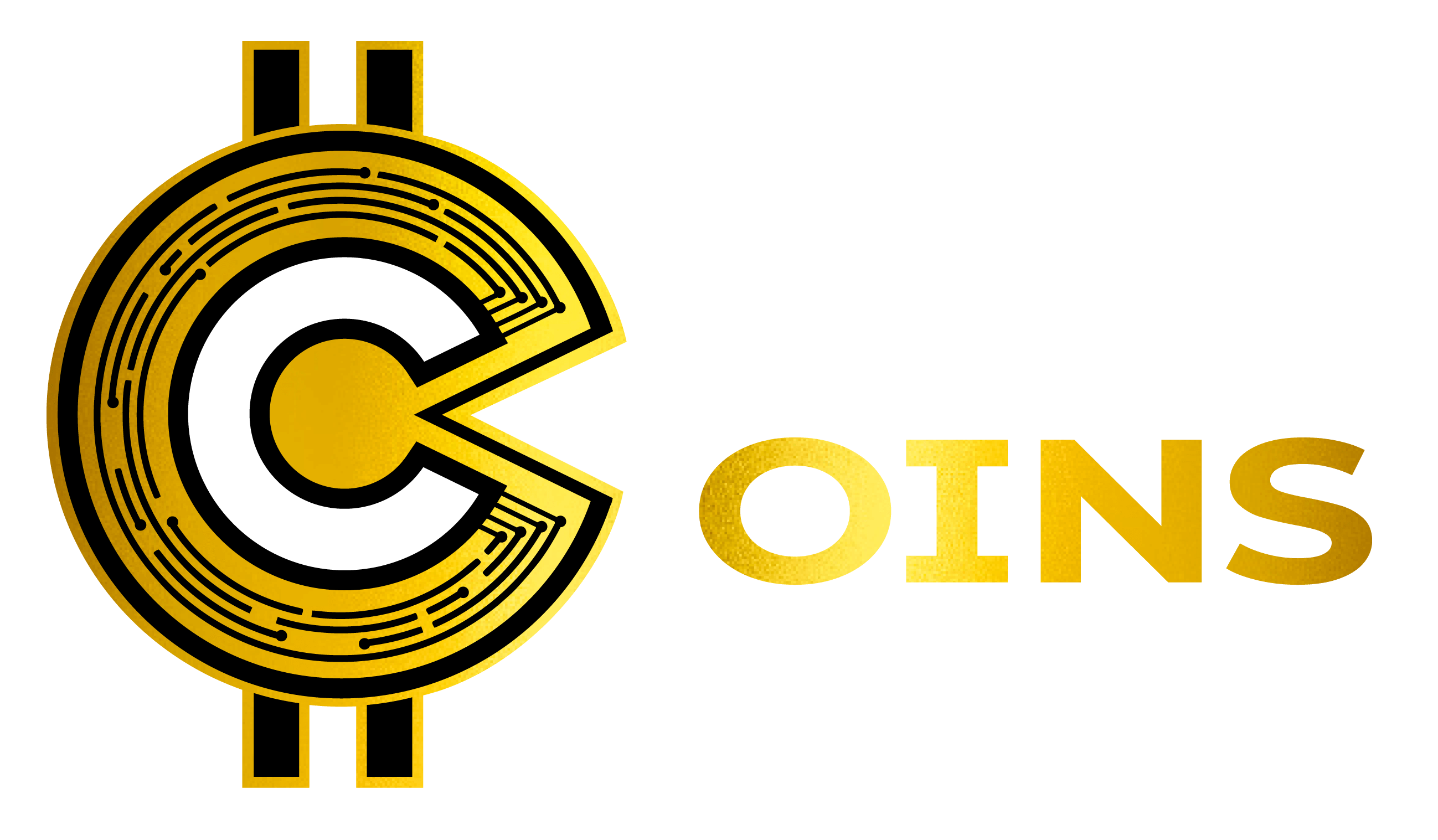
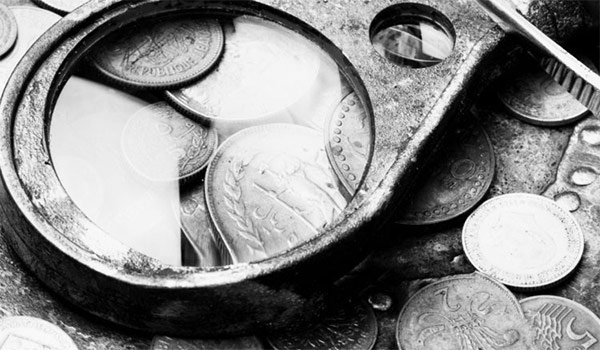




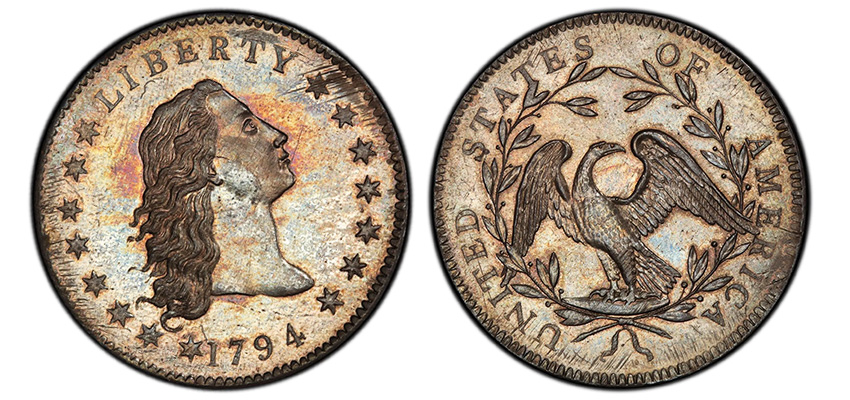
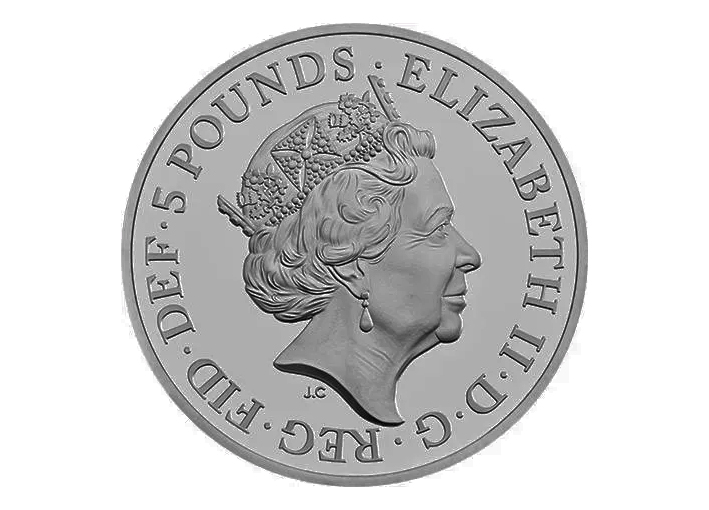
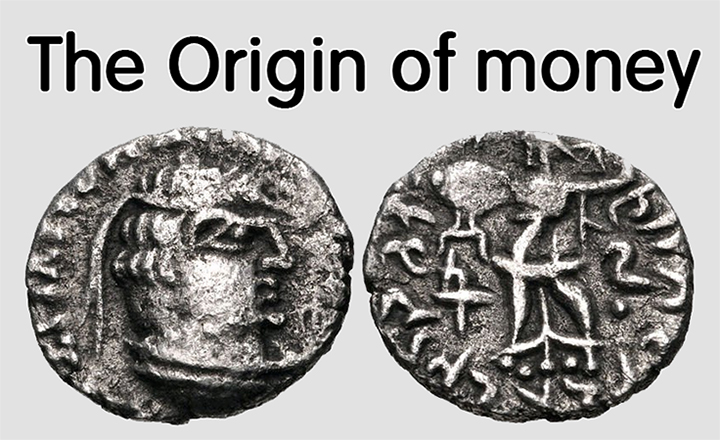
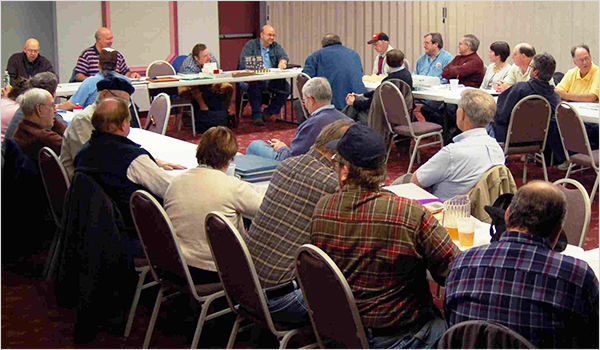

Leave a Reply